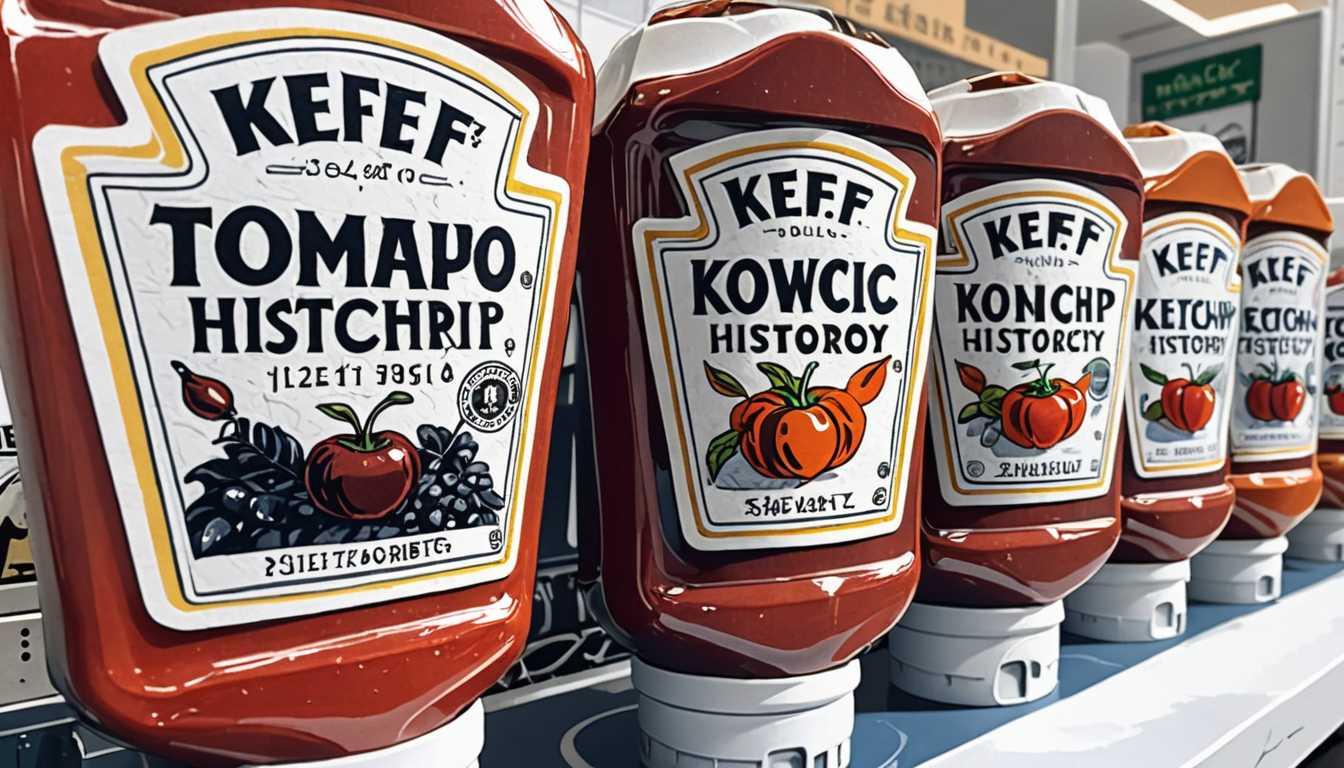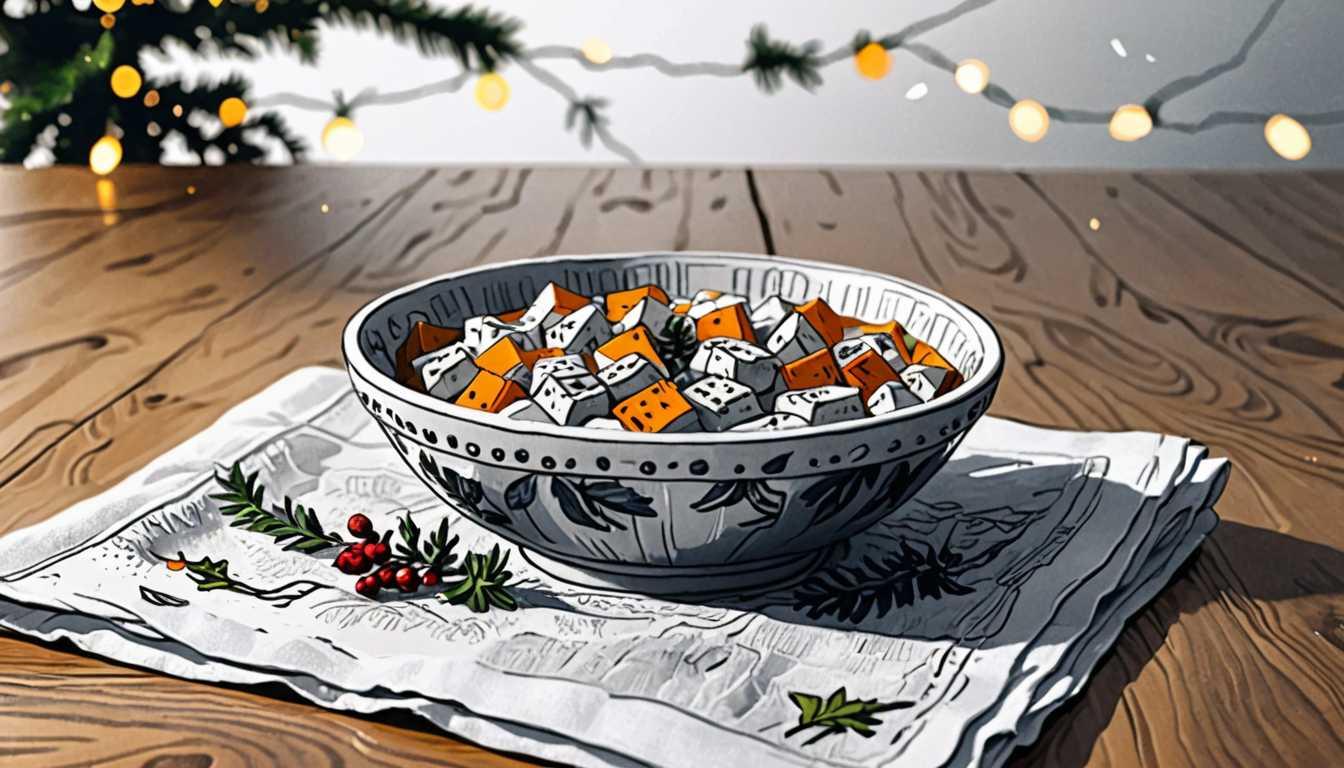Carrots: WWII's Mythical Night Vision
August 2013
Smithsonian Magazine
Introduction
Dive into the quirky tale of how a WWII propaganda campaign turned carrots into night-vision superheroes, according to Smithsonian Magazine. Discover how the British spun a yarn about carrots boosting pilots' night vision to mask their secret radar tech. Spoiler: Carrots can't really turn you into a nocturnal sharpshooter, but they did sweeten up desserts during sugar rations. Unearth this blend of history, science, and culinary creativity that left a legacy of carrot cake and a surplus of myths.
READ FULL ARTICLEWhy It Matters
Discover how this topic shapes your world and future
Unveiling the Carrot Chronicles
Imagine being told that eating a ton of carrots could give you superhero-like night vision. Sounds like something out of a comic book, right? Yet, during World War II, this became a widespread belief, thanks to an ingenious propaganda campaign. This story isn't just a quirky historical footnote; it's a fascinating intersection of nutrition science, psychology, and military strategy. It illustrates how governments can shape public perception and behavior—even regarding what we eat. For you, this tale is more than just history; it's a lesson in critical thinking and the importance of questioning the information we're given. How does this relate to you? Well, in a world bombarded with information (and misinformation), developing a keen eye for the truth is more crucial than ever.
Speak like a Scholar
Propaganda
Information, especially biased or misleading, used to promote a political cause or point of view.
Nutritional Science
The study of how an organism is nourished, and how diet affects health and well-being.
Psychological Warfare
The use of psychological tactics to destroy the enemy's morale.
Subterfuge
Deceit used to achieve one's goal.
Rationing
The controlled distribution of scarce resources, goods, or services.
Self-sustainability
The ability to maintain oneself without external assistance.
Independent Research Ideas
The Psychology Behind Propaganda
Investigate how and why propaganda campaigns, like the WWII carrot myth, effectively alter public behavior and belief systems. What makes us susceptible to such influences?
Nutritional Myths and Public Health
Explore how myths similar to the carrot and night vision story have impacted public health choices and nutritional guidelines. Why do certain food myths gain more traction than others?
Victory Gardens and Modern Urban Agriculture
Examine the legacy of WWII victory gardens in today's urban agriculture movements. How do these initiatives compare in terms of goals, challenges, and outcomes?
The Role of Cartoons in War Efforts
Analyze how characters like Dr. Carrot and Bugs Bunny were used in wartime propaganda. What is the significance of using popular media and characters to convey serious messages?
Technology and War Secrecy
Delve into how technological advancements, such as the Airborne Interception Radar, are kept secret during wartime. How do governments balance the need for secrecy with the need to maintain public morale and support?




